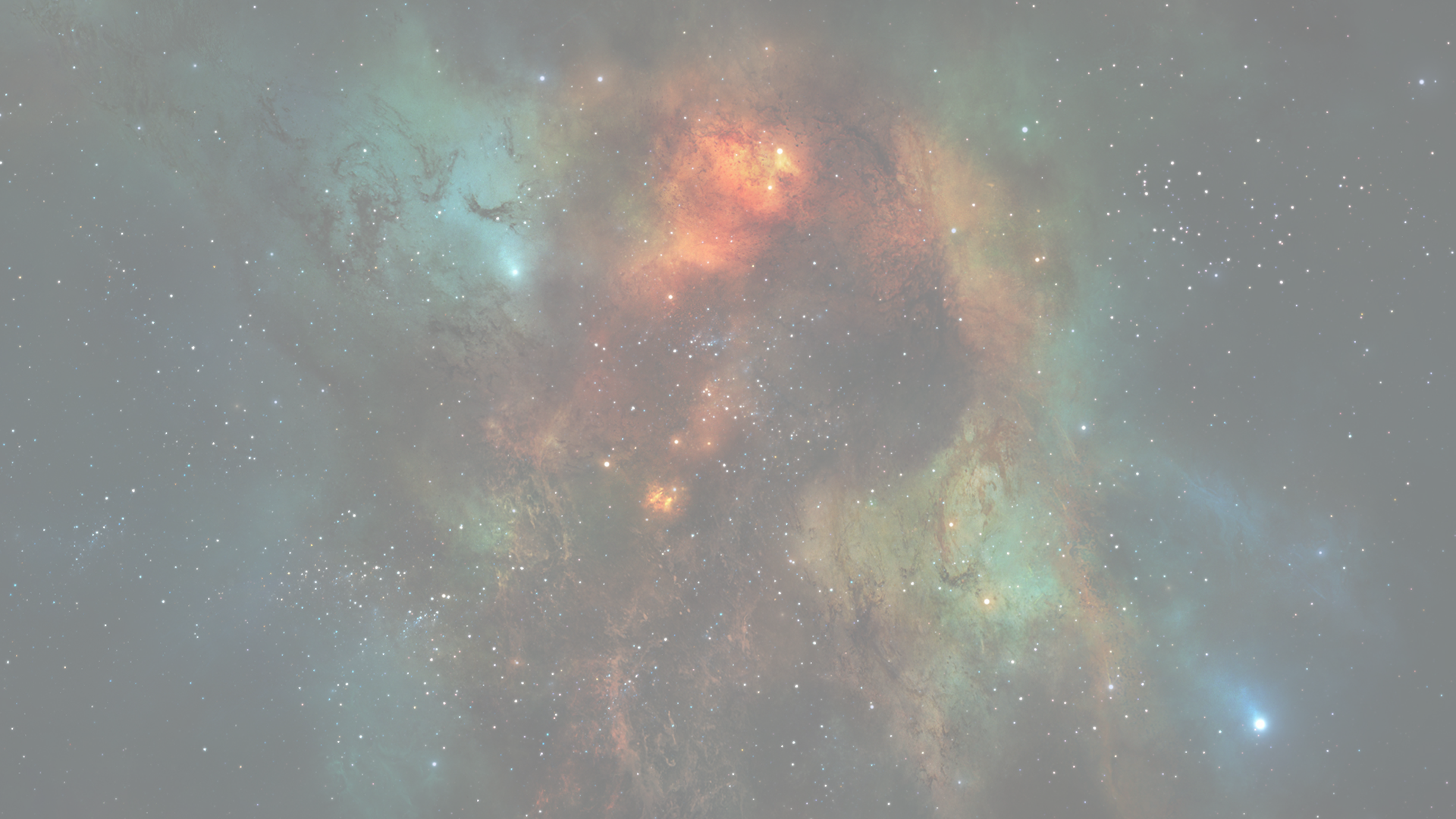


The Golden Age
by David Talbott
When the world began, according to the biblical account and other Hebrew myths, Adam, the first man and prototype of man, occupied a garden of abundance, in communion with God Himself−a deathless realm, free of sickness and any need for human labor.
Loss of that original paradise was nothing less than a cosmic rupture, and never, since that rupture, has man experienced a comparable terrestrial condition.
The Eden story is filled with interesting and familiar images. Four rivers of paradise, tree of Life and tree of the Knowledge, devious serpent, Adam's rib, temptress Eve, flaming sword at the gate, and more. But what immediately concerns us is a single underlying theme, a theme clearly linked to a myth preserved on every continent.
A global myth declares, with striking unanimity, that the world has not always been as it is experienced now. In a former time, man lived in a kind of paradise, close to the gods. It was the Golden Age. Throughout an eternal spring, the earth produced abundantly, free from the seasonal cycles of decay and rebirth. And under this remarkable cosmic order, man experienced neither war nor sickness, neither hunger nor any requirement of human labor.
This recurring and unexplained myth was carried into modern times by primitive races the world over. In Mexico native legends spoke of an ancestral generation whose every need was met, without cost. There was no sickness or hunger no poverty or sadness, and the gods dwelt among men. But this harmonious age didn't last, eventually succumbing to an overwhelming catastrophe.
According to the Cheyenne of North America the original race roamed naked, innocent and free, enjoying the natural abundance of an eternal spring. What followed, however, was an age of flood, war, and famine.
The Caribs of Surinam have a poignant memory of this fortunate epoch. "In a time long past, so long past that even the grandmothers of our grandmothers were not yet born," they say, "the world was quite other than what it is today: the trees were forever in fruit; the animals lived in perfect harmony, and the little agouti played fearlessly with the beard of the jaguar "
The South American Indians of Gran Chaco and Amazonia recall this as the Happy Place, where work was unknown because the fields produced abundance of their own accord.
The Hopi Indians proclaim that in the earliest time they were a marvelously contented race, at peace with their brothers. They knew nothing of sickness or conflict, and all things were provided by Mother Earth without any requirement of labor.
But these are just the American Indian versions of the story. The aborigines of Australia insist that their first ancestors enjoyed a Golden Age, a Paradise of abundant game and without conflict of any kind.
Northern Europeans once celebrated this earliest age as the "peace of Frodi," a mythical Danish king. Throughout this peaceful epoch no man injured another and a magical mill ground out peace and plenty for the entire land.
Memories of a golden age pervade the myths of Africa. The distinguished folklorist Herman Baumann reported that "Everything that happened in the primal age was different from today. People understood the language of animals and lived at peace with them; they knew no labor and had food in plenitude."
Sacred texts of ancient India recall this as the Krita Yuga or "Perfect Age" without disease, labor, suffering or war. The Iranians called it the age of the brilliant Yima, an age with "neither cold nor heat," an eternal spring. According to ancient Chinese lore, the purest pleasure and tranquility once reigned throughout the world. Mythical histories called it "the Age of Perfect Virtue" and declared that "the whole creation enjoyed a state of happiness. . . . all things grew without labor; and a universal fertility prevailed."
In their myths, rites and hymns the ancient Sumerians contrasted their own time to the earliest remembered age−what they called "the days of old," or "that day," when the gods "gave man abundance, the day when vegetation flourished." This was when the supreme god An "engendered the year of abundance." To this primeval age, every Sumerian priest looked back as the reference for the preferred order of things, which was lost through later conflict and deluge.
In the city of Eridu at the mouth of the Euphrates, the priests recalled a Golden Age prior to familiar history. The predecessors of their race, it was claimed, had formerly reposed in the paradise of Dilmun, called the "Pure Place" of man's genesis. This lost paradise of Dilmun, about which scholars have debated for decades, is strangely reminiscent of the paradise of Eden.
"That place was pure, that place was clean. In Dilmun the lion mangled not. The wolf ravaged not the lambs," the Sumerian texts read. The inhabitants of this paradise lived in a state of near perfection, in communion with the gods, drinking the waters of life and enjoying unbounded prosperity.
Ancient Egypt, an acknowledged cradle of civilization, preserved a remarkably similar memory. Not just in their religious and mythical texts, but in every sacred activity, the Egyptians incessantly looked backwards, to events of the Tep Zepi. The phrase means the "First Time," a time of perfection "before rage or clamor or strife or uproar had come about," as the texts themselves put it. This was the Golden Age of Ra, and the memories of that time echoed through centuries of Egyptian thought. "The land was in abundance," the texts say. "There was no year of hunger. . .Walls did not fall; thorns did not pierce in the time of the Primeval Gods."
Or from another text: "there was no unrighteousness in the land, no crocodile seized, no snake bit in the time of the First Gods." Cosmic harmony. Abundance. Paradise. To this Golden Age, according to the great nineteenth century scholar Francois Lenormant, the Egyptians "continually looked back with regret and envy." The golden age of Ra was, for the Egyptians, the Great Example setting a standard for all later ages.
A surprising fact emerges. The legend of the Golden Age is as old as civilization. And the implications are well worth pondering. A coherent set of ideas has survived all of the twists and turns of cultural evolution for at least five thousand years−and on every continent. Now that's an astonishing verification of the durability of myth! Many of us had always thought of myth as the outcome of reckless invention−illiterate savages entertaining themselves by contriving magical stories out of nothing. Imagine such a process going on for thousands of years, and ask yourself if any possibility of a universal memory would remain.
Remember that the myth-makers did not just recount a charming tale; they strove desperately to recover what was lost. In the infancy of civilization collective activity reflects a singular reference to the age of the gods−the honoring of the gods through celebration, representation, reenactment, codification, and massive construction activity. In fact, there are numerous grounds for saying that civilization itself was the outcome of this fundamentally religious activity.
Perhaps the most accomplished analyst of mythology in modern times was the late Mircea Eliade, chairman of the Department of History of Religions at the University of Chicago, and editor of the Encyclopedia of Religion. From his meticulous, lifelong survey of the subject, professor Eliade drew a stunning conclusion: literally every component of early civilizations−from religion to art and architecture−expressed symbolically the desire to recover and to re-live the lost Golden Age. That which symbolically transported the participant back to the First Time, the Golden Age, was sacred. That which did not was transient and mundane, of no interest.
Around the world, early man yearned for a return to paradise. Every coronation of a king, every New Year's festival, monumental construction, every recitation of temple hymns and prayers, every holy war, every sacrifice to the gods was motivated by a desire to recapture some aspect of the Golden Age, to live, if only for a symbolic moment, in the original age of the gods.